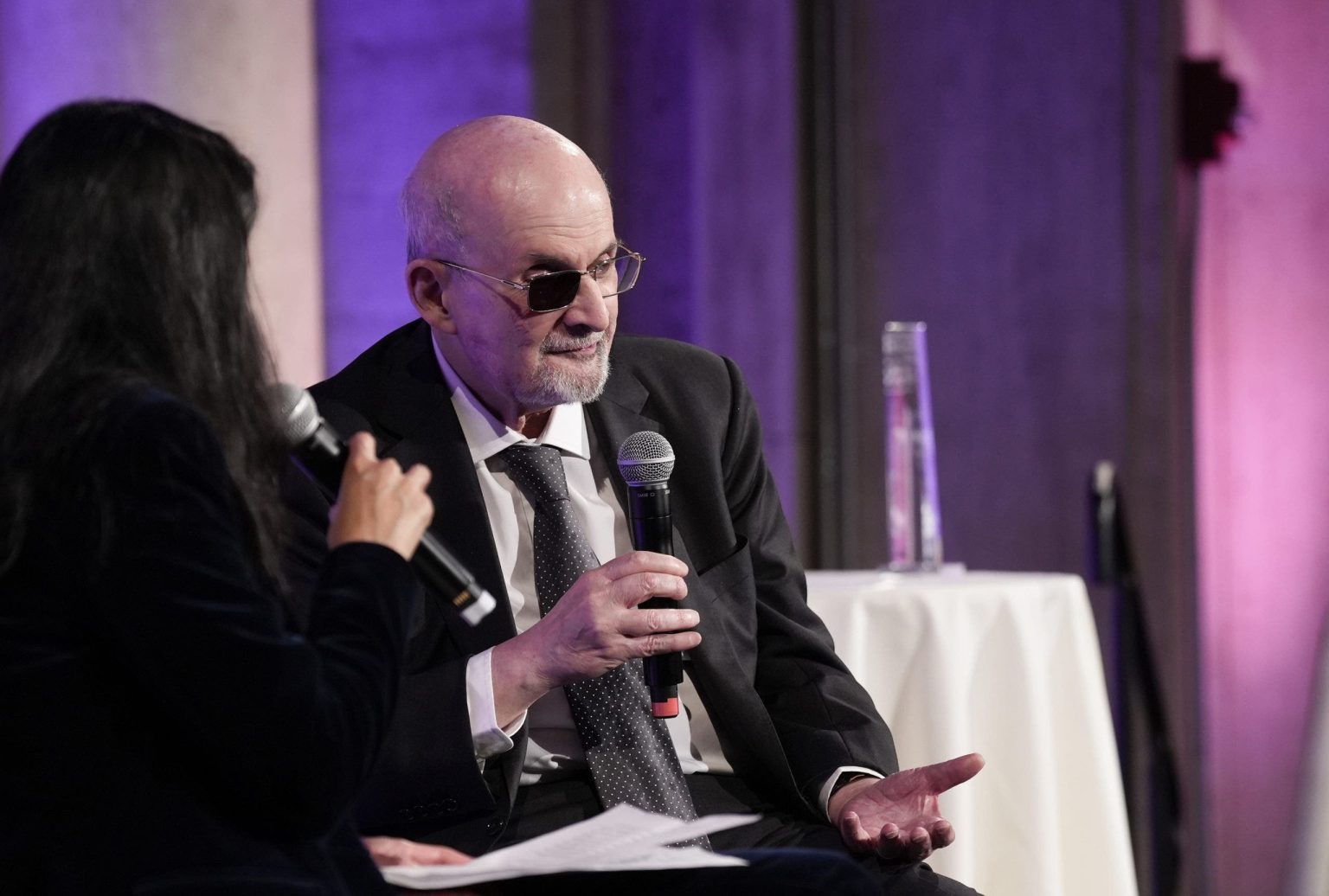Award-winning novelist Sir Salman Rushdie recently opened up about the attack that almost ended his life in 2022, describing his survival as a “miracle.” Rushdie, who was stabbed on stage before giving a lecture, suffered injuries to his liver, arm, and eye, resulting in the loss of function in his injured eye. The attacker, Hadi Matar, had his trial delayed until after Rushdie published his new memoir, “Knife,” in which he details his experience and the aftermath of the attack.
Rushdie’s novel, “The Satanic Verses,” caused worldwide protests following its publication in 1988, resulting in the murder of its Japanese translator and other violent attacks on individuals associated with the book. Iran’s Ayatollah Ruhollah Khamenei issued a fatwa calling for Rushdie’s death, prompting Rushdie to flee to the UK. Despite diplomatic negotiations that led Iran to declare the affair “completely finished,” Iranian clerics continued to encourage followers to kill Rushdie, offering a substantial bounty on his head.
The attacker, Matar, admitted that he stabbed Rushdie because he believed the author had “attacked Islam” and because he didn’t like Rushdie. Despite pleading not guilty to attempted murder charges, Matar’s actions left Rushdie grappling with the trauma of the attack, during which he felt an intense intimacy with death. Rushdie writes in his memoir about the 27 seconds that the attack unfolded, and the struggle to come to terms with the event.
The attack, which Rushdie described as a surreal experience of facing his assassin, was ultimately stopped by audience members who intervened to save his life. Rushdie initially didn’t want to write about the attack in his memoir but found that it became necessary for him to process the trauma. He reflected on the power of language as a tool to navigate and make sense of the world, acknowledging that the attack has left a shadow on his life that he grapples with, feeling the presence of death more keenly on some days.
Rushdie expressed gratitude for the strangers who intervened during the attack, saving his life and giving him a chance to recover from his injuries. He acknowledges that the experience has changed him, leaving a lasting impact and a shadow that he continues to carry with him. Rushdie’s resilience and determination to confront the trauma of the attack through his writing underline his belief in the power of language to shape his experience and help him process the ordeal.
The interview with Rushdie sheds light on the lasting impact of the attack on his life and writing, revealing the profound effects of such a traumatic event. Rushdie’s reflections on the attack, his survival, and the aftermath underscore the complexities of dealing with trauma and the ways in which he has used language as a tool to navigate and make sense of his experience. Despite the challenges he faces, Rushdie’s resilience and determination to confront the attack through his writing demonstrate his strength and resilience in the face of adversity.


